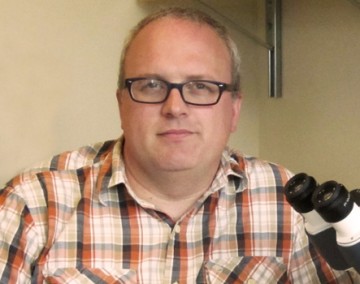Scientists at the Biomedical Research Centre have discovered a potential new pathway to treat cancer by asking some odd questions about the size of animals.
“Mammals display a huge range in size from the largest blue whale to the tiniest fruit bat,” says Colby Zaph, Assistant Professor in the Department of Pathology and Laboratory Medicine. “So why don’t we have miniature whales or gigantic bats? It turns out that there are specific pathways that tell cells when to grow and when to stop.”One of those pathways is called the Hippo pathway – a key control in how our organs are perfectly suited to our bodies, despite differences in size.
Dr. Zaph, along with postdoctoral research fellow Menno Oudhoff, uncovered that size differences could be manipulated after a specific chemical modification called methylation dramatically affected its function.
Using mice genetically lacking an enzyme called Set7, the results show that methylation of a protein called Yap is critical for the function of the Hippo pathway. Loss of the Set7 enzyme resulted in cell growth and larger organs, according to their findings, which were published in Developmental Cell.
“It’s too early to tell how successful modifying this pathway could be in terms of helping with treatment of cancer,” Dr. Zaph says. “But based on our results, drugs that may activate the Set7 enzyme – to stop cell growth – may be invaluable to fighting cancers with Hippo pathway mutations.”
The pathway has gone relatively unchanged despite evolution and could play a crucial role in regenerative medicine, including in skin growth and liver regeneration.
“Harnessing these results to treat diseases is now the next step,” he says.
